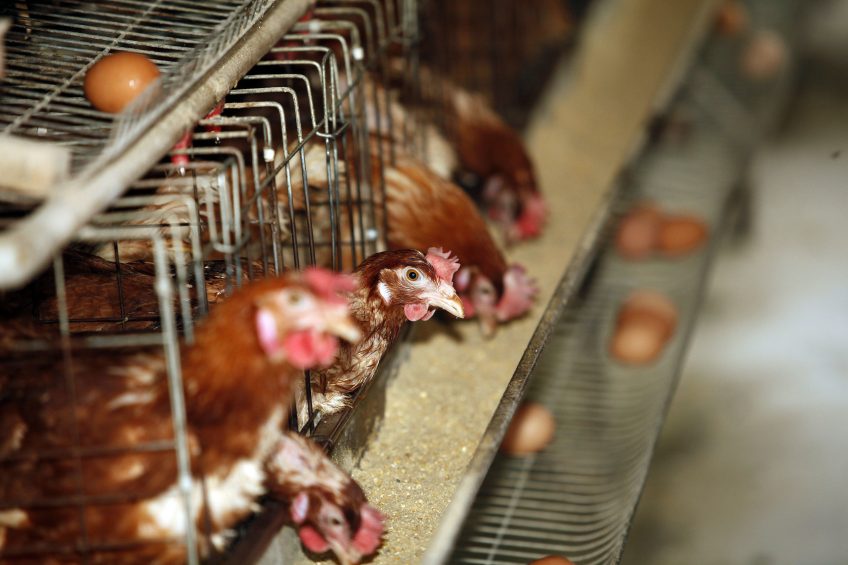Egg Track report: EU countries meeting 2025 cage-free goals

Progress made by European countries in meeting their 2025 cage-free egg commitments have been documented for the first time in an Egg Track report.
Animal welfare charity Compassion in World Farming (CIWF) says the new report is to “celebrate the companies that have made cage-free commitments, encourage them to report year on year progress and stimulate a market shift away from cages.”
The report, which follows a similar exercise in the United States last year, presents data from 83 group level companies, including retailers, food service providers, manufacturers and producers.
CIWF says it is designed to help monitor how companies are progressing and for the charity to offer advice and support if they slip behind in their progress towards cage-free production.
It adds that while 2025 may seem a long way away, it equates to only 5 laying hen flock cycles: “To enable the transition from caged to alternative systems that fully respect the welfare needs of the hen and that are fit for the future, companies must start planning their production system changes now, and work closely with suppliers to ensure implementation by the agreed deadline.”
Companies being monitored
Companies being monitored in the European Egg Track report include Asda (Walmart), Compass Group, Co-op UK, Danone, JD Wetherspoon, Lidl and Unilever.
At present, the UK’s Noble Foods is the only producer included in the Egg Track this year. 2 French producer firms are expected to be included soon and CIWF said it wanted other major producers to commit to ending the use of cages.
Compiled data
Data for the report was compiled from publicly available information on company websites during the first 2 weeks of August and will be reviewed and updated annually.
The results showed that:
- 75% of companies are reporting progress for at least a part of their supply chain
- 43% of firms are reporting against all of their commitments for all parts of their supply chain
- Of the commitments with a 2025 end date, 18 have been reported against and the average percentage of eggs within the 18 that are cage free is 48%
- The average reported progress for future commitments (2018-2025) for shell eggs is 61% and for ingredients is 47%.
Landmark shift in egg sector
Philip Lymbery, CIWF chief executive, said: “The incredible wave of cage-free egg commitments that we have seen from leading food businesses around the world over the past couple of years has made this an amazing time to be part of the animal welfare movement. I congratulate every company that has been part of this landmark shift.
“By building a roadmap for improvement now, companies have the time to research and implement the changes required to fulfil welfare commitments. It is essential that the design of alternative systems fully respects the welfare needs of the hen and are fit for the future,” he added.
Mr Lymbery said he was concerned with some of the housing systems being mooted: “Some of the intensive barn systems coming out of the market place are little better than the cage. Neither the animal welfare community or the egg industry want to see a repeat of the investment into enriched cages which will have a lifespan of a mere 5 years before they become unacceptable.”












